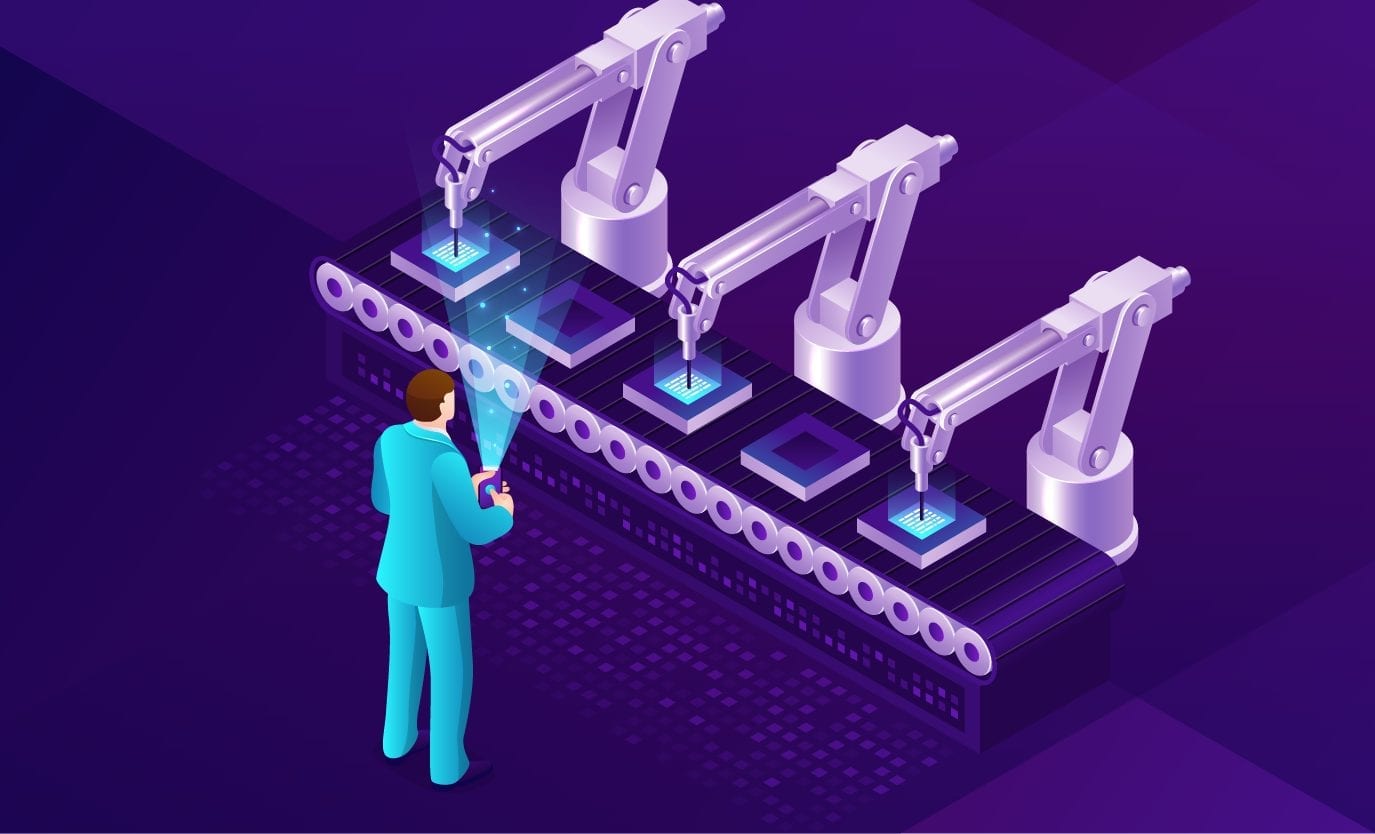In the fast-paced world of information, where data is constantly growing and evolving, traditional search engines are often challenged to deliver precise and relevant results. However, the integration of Artificial Intelligence (AI) and Natural Language Processing (NLP) has ushered in a new era of information retrieval through AI-assisted semantic search. This powerful combination not only enhances the accuracy of search results but also provides a more intuitive and user-friendly experience.
Understanding Semantic Search
Semantic search goes beyond traditional keyword-based search by understanding the context and meaning of words, enabling a more sophisticated and nuanced search experience. Instead of relying solely on matching keywords, semantic search algorithms analyze the relationships between words and their contextual relevance. This approach mimics the way humans understand language, allowing AI systems to grasp the subtleties and nuances of natural language.
The Role of Natural Language Processing (NLP)
NLP is a subfield of AI that focuses on enabling computers to understand, interpret, and generate human-like language. By integrating NLP into semantic search, AI systems can comprehend the intent behind user queries and extract meaningful information from vast datasets. NLP facilitates the processing of unstructured data, such as text documents, social media posts, and articles, by deciphering the semantics and context embedded in the language.
Benefits of AI-Assisted Semantic Search
Precision and Relevance:
AI-assisted semantic search enhances the precision of search results by understanding the user’s intent. It goes beyond surface-level matching, considering the context and meaning of words to deliver more relevant information.
Contextual Understanding:
Unlike traditional search engines that rely on keyword matches, AI-assisted semantic search comprehends the context of a query. This contextual understanding allows for a more accurate interpretation of user input, leading to better results.
Multilingual Support:
NLP-powered semantic search can break language barriers by understanding and processing queries in multiple languages. This capability broadens the reach of information retrieval systems, making them more inclusive and accessible on a global scale.
Personalization:
AI can learn from user behavior and preferences, enabling personalized search experiences. By understanding individual patterns and preferences, semantic search algorithms can tailor results to match specific user needs.
Real-time Adaptability:
The dynamic nature of information requires search systems to adapt in real-time. AI-assisted semantic search can continuously learn and update its understanding of language, ensuring that it remains effective in retrieving the latest and most relevant information.
Use Cases and Applications
E-commerce:
AI-assisted semantic search is transforming the way users discover products online. By understanding the nuances of user queries, e-commerce platforms can deliver more accurate product recommendations, improving the overall shopping experience.
Healthcare:
In the medical field, AI-powered semantic search can help professionals access relevant research articles, clinical studies, and patient records more efficiently. This can contribute to faster and more accurate diagnoses and treatment plans.
Customer Support:
Chatbots and virtual assistants leverage AI-assisted semantic search to understand and respond to customer queries. This improves the quality of customer support interactions by providing accurate and context-aware information.
Content Creation:
AI-powered semantic search aids content creators in researching and gathering information. By understanding the context of a topic, these systems can suggest relevant sources, helping writers produce more comprehensive and well-informed content.
Challenges and Future Developments
While AI-assisted semantic search has made significant strides, challenges remain, such as addressing biases in language models and ensuring user privacy. Ongoing research and development efforts are focused on refining algorithms, expanding language support, and improving the interpretability of AI systems.
As these technologies continue to evolve, they will play a crucial role in shaping the future of information retrieval, making it more intelligent, adaptive, and user-centric.














Leave a comment